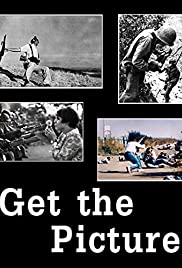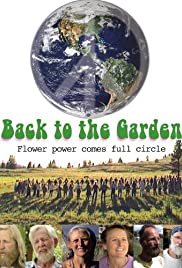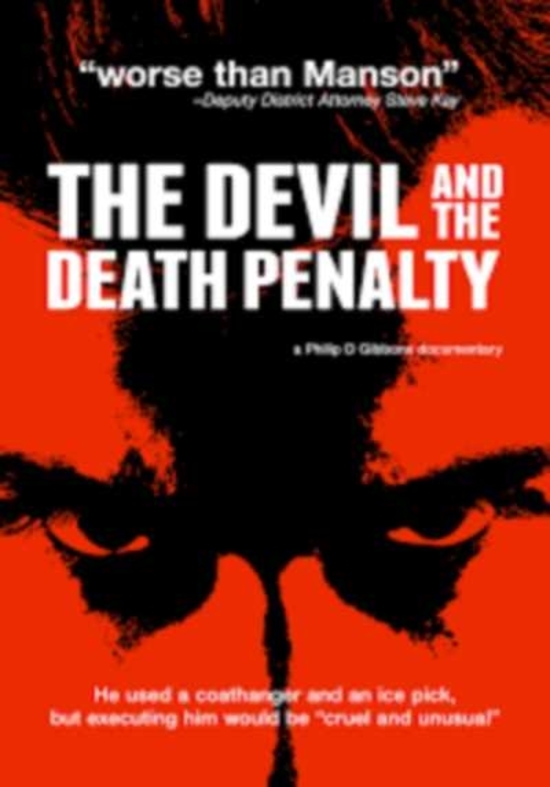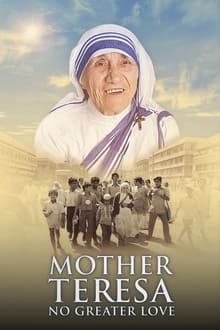
Meet John G Morris, 95, a legend of photojournalism, whose unerring eye for the best shot has moved and changed the world. Morris, former Picture Editor of Life Magazine & New York Times was instrumental in the early years of Magnum with his friends and peers Robert Capa & Henri Cartier Bresson. This film covers serious subjects; the coverage of conflict through photojournalism, a sensitive view of humanity and a search for peace in the world.
You May Also Like

Three Canadian Holocaust survivors, with unanswered questions from their past, journey back to hometowns, killing sites, and hiding places in search of clues in this new film. Maxwell wonders what happened to a baby he saved in a forest in 1943. Helen wants to know more about the fate of her brother. Rose wants to honour her mother and father by going to the places where they spent their final days. The survivors who appear in this film came of age during the Holocaust and carry the burden of knowing they are the last living link to it. This film delivers a powerful warning from history, inspiring stories of survival, and a last chance to solve lingering mysteries

Bass-heavy and neon-coloured portrait of the alternative Chinese youth in a country in constant state of change that now threatens the underground club Funky Town.

In 1988, filmmaker Kevin Tomlinson filmed & interviewed a group of back-to-the- land “hippies”–living off-grid, insulated from mainstream culture. In 2006 he tracked down his subjects again to find out what had become of their families’ utopian plans and dreams.

The story of how, in the 1970 and 1978 World Cups, Brazil and Argentina’s military dictators took a vested interest in their nation’s football dreams.

Documentary on the Romanian rock band Phoenix.

In 2009, actors Hugh Jackman and his wife, Deborra-lee Furness, traveled to Ethiopia as ambassadors for World Vision Australia, one of the world’s largest humanitarian aid organizations. As longtime donors, the Jackmans wanted to visit a World Vision community development project to see how rural communities were being empowered to eradicate poverty. While in the Yirgacheffe region, Hugh met a 27 year-old coffee farmer named Dukale, working to lift his family out of poverty. Spending time on Dukale’s farm, Hugh learned first-hand about the value of fair trade coffee and clean cookstove technology. (C) Official Site

A 92-year-old man, having outlived major historical events such as war, peace, communism, the revolution and post-revolution, opens up about his life and old age.

Before there were home video formats and the internet, the “Bahnhofskinos” (“Train station cinemas”) in West Germany regularly showed trash and erotica movies. Various filmmakers and especially contemporary witnesses recount in the documentary “Cinema Perverso – the wonderful and broken world of Bahnhofskino” their experiences and impressions.

In 1970, hundreds of hippies followed Stephen Gaskin on a journey from San Francisco to Tennessee, where they founded a legendary commune known as the Farm. Within this self-sustaining society based on non-violence, vegetarianism and respect for the earth, members willingly took a vow of poverty, lived in converted buses, grew their own food and home-delivered babies. Born and raised in this alternative community, filmmakers and sisters Rena and Nadine return for the first time since leaving in 1985. Finally ready to face the past after years of hiding their upbringing, they chart the rise and fall of America’s largest utopian socialist experiment and their own family tree. The nascent idealism of a community destroyed, in part, by its own success is reflected in the personal story of a family unit split apart by differences. American Commune finds inspiration in failure, humour in deprivation and, most surprisingly, that communal values are alive and well in the next generation.

This documentary recounts the dysfunctional state of the death penalty in the state of California by revisiting the crimes, arrest, trials and appeals of Lawrence Bittaker, a convicted serial killer who has been on death row at San Quentin since 1981.

Phil Kennedy made history and headlines when he connected the brain of a paralysed man to a computer in the 1990s. He became known as The Father of the Cyborgs – but the neurologist’s quest for knowledge didn’t end there. In 2014, he stunned his peers and his family when he agreed to have his own brain implanted to continue his research. This Irish production follows his remarkable and unprecedented journey.

Featuring unprecedented access to institutional archives and the apostolates of the Missionaries of Charity. Reveals how her vision to serve Christ in the poor continues to be realized through the Missionaries of Charity today.